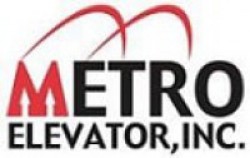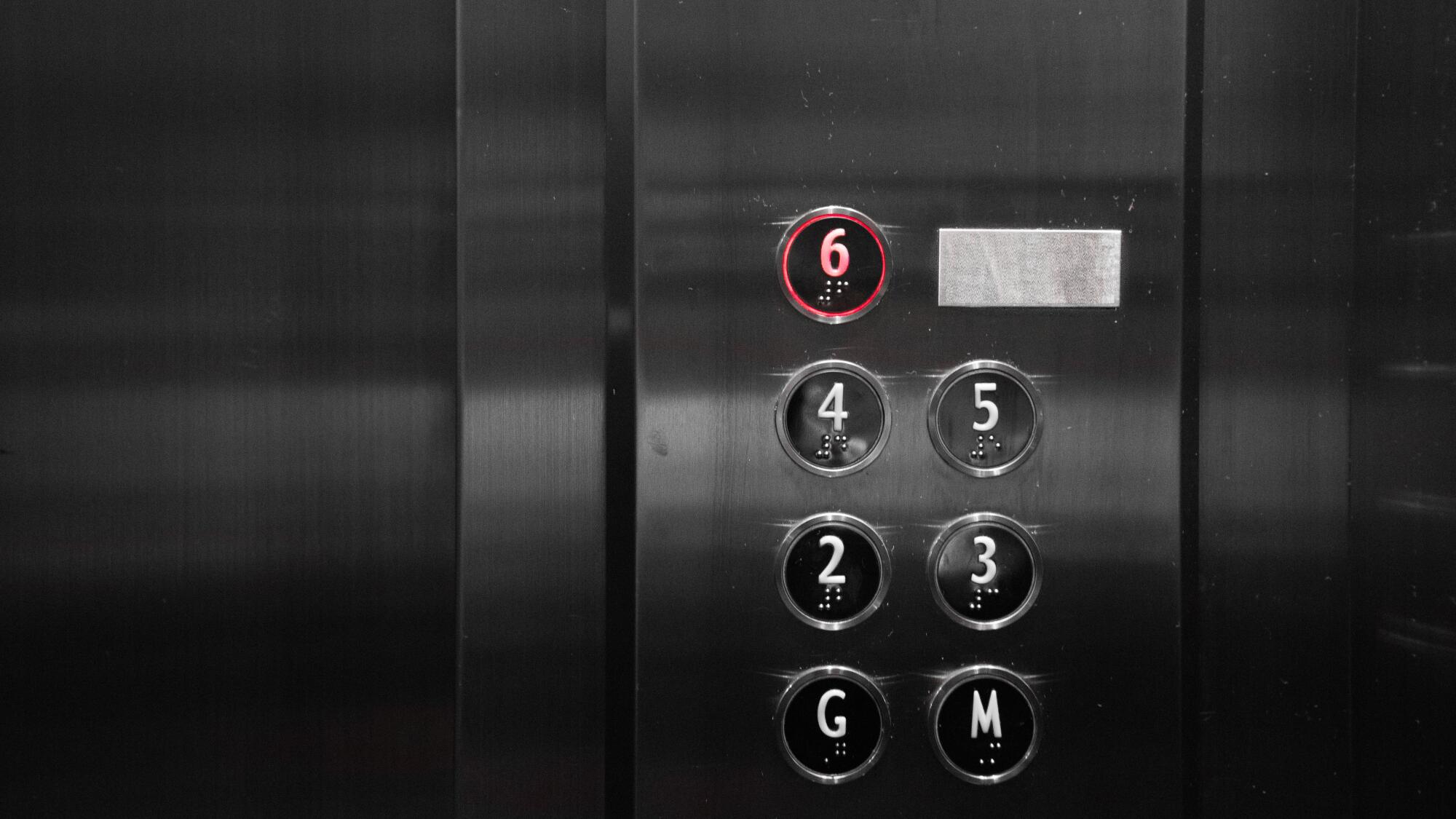Navigating Elevator Code Compliance: A Guide for Building Owners
Elevators, often taken for granted, can present significant safety risks if not properly maintained. As a building owner, overlooking elevator code compliance can expose you to legal and financial vulnerabilities.
It’s not just about adhering to rules; it’s a crucial part of ensuring the safety of those who use your building daily. Your role in maintaining and understanding these codes is vital.
This guide aims to demystify the complexities of elevator code compliance for building owners. With the right knowledge and approach, you can effectively manage this critical aspect of building maintenance.
The idea is to stay informed and proactive. The safety and compliance of your elevator depend on your informed decisions. Let’s delve into the matter a little further.
Understanding Elevator Safety
Elevator safety is a critical aspect of building management. It ensures the well-being of everyone who uses your building.
The journey to maintaining a safe elevator involves several key steps, beginning with regular inspections and maintenance. These inspections are far from mere formalities.
Inspections are essential processes that play a pivotal role in identifying potential hazards. Neglecting these safety checks can lead to severe, sometimes catastrophic, consequences.
To ensure elevator safety, it’s also important to stay updated with the latest safety standards and regulations. This involves understanding the mechanical and electrical systems that operate the elevator. It also means being aware of the signs that indicate wear and tear or potential malfunction.
Training your staff to recognize these signs and respond appropriately is equally important. Additionally, educating the users of your building about safe elevator practices contributes to overall safety. This comprehensive approach towards elevator safety can significantly reduce risks and enhance the reliability of your elevators.
The Ins and Outs of Commercial Elevators
Understanding the complexities of commercial elevators is crucial for building owners. These systems are more than just transport mechanisms. They are intricate machines that require a nuanced understanding of their operations.
As a building owner, grasping the basic mechanics of your elevator can greatly aid in effective communication with service providers. It also allows you to make informed decisions about maintenance and upgrades.
Commercial elevators consist of several components, including:
- The hoist
- Cables
- Pulleys
- Control systems
Each plays a vital role in the smooth operation of the elevator. Familiarizing yourself with these components, their functions, and common issues that may arise can help you anticipate maintenance needs and understand repair processes.
This knowledge is particularly important when it comes to modernizing older elevators or installing new ones. Furthermore, being aware of the different types of elevators and their specific maintenance requirements is beneficial.
For instance, hydraulic and traction elevators have different operational mechanisms. Thus, different maintenance and safety protocols. Understanding these nuances ensures that you are better equipped to oversee the safe and efficient operation of the elevators in your building.
Routine Maintenance: Key to Elevator Longevity
Maintaining an elevator is like taking care of a car. Regular servicing keeps it running smoothly and efficiently. This not only extends its lifespan but also helps in avoiding unexpected and often costly breakdowns.
Just like a car needs oil changes and tire rotations, elevators require their own set of routine checks and balances. These maintenance activities include:
- Lubricating moving parts
- Inspecting cables for wear and tear
- Testing control systems
- Ensuring the doors operate correctly
Scheduled maintenance should be a priority in your building management plan. It’s more than just a regulatory requirement; it’s a proactive step toward safety and reliability. Regular maintenance also helps in identifying minor issues before they escalate into major problems, saving time and money in the long run.
Keep a maintenance log and work closely with experienced technicians who can provide insights into the health of your elevator. This approach not only keeps your elevator in top condition but also gives peace of mind to you and the users of your building.
Dealing with Elevator Code Violations
Facing elevator code violations is something no building owner wants. These violations can be costly, and they can tarnish the reputation of your property.
If you’re confronted with such a situation, it’s crucial to act quickly. Promptly addressing any violations not only minimizes risks but also demonstrates your commitment to safety and regulatory compliance.
When a violation is identified, the first step is to understand the nature of the issue. It could range from minor infractions like improper signage to more serious concerns like malfunctioning safety systems.
Once you understand the problem, work with a certified elevator technician to rectify it. They can offer solutions and help ensure that your elevator meets the necessary codes and standards.
It’s also beneficial to implement a system for regular self-auditing. This proactive approach can help you identify potential issues before they become violations.
Staying Updated with Current Elevator Codes
Keeping up-to-date with current elevator codes is a must for building owners. These regulations change over time, reflecting new safety standards and technological advancements.
Regularly consulting with elevator experts or subscribing to industry updates can keep you informed. This proactive approach ensures your elevator system adheres to the latest safety requirements, protecting your tenants and your business.
Navigating Inspections and Compliance
Elevator inspections can seem overwhelming. But they are essential for ensuring safety and compliance.
Prepare by understanding what inspectors look for, such as:
- Proper functioning
- Adherence to codes
- Evidence of regular maintenance
Staying prepared and well-informed can make these inspections go smoothly. Educate your staff about the importance of these inspections and encourage their cooperation.
The Role of Professional Services
Utilizing professional elevator services is a wise decision for building owners. These experts bring specialized knowledge and experience that you might not have.
They can handle everything from routine maintenance to emergency repairs, ensuring your elevator meets all safety standards. Investing in their services is not just about fixing problems; it’s about maintaining a high standard of safety and efficiency.
The Importance of Elevator Code Compliance
Remember, as a commercial property or facility manager in Minnesota, staying informed and proactive about elevator code compliance is key.
At Metro Elevator, Inc., founded in 1990, we pride ourselves on over 25 years of exceptional customer service and skilled technicians available 24/7. Our long-term, well-trained team ensures consistent, top-quality elevator services in our local area. For expert assistance, request a quote from Metro Elevator, Inc. today.

Zach Miller is the President of Metro Elevator Inc., a premier commercial elevator service company located in Hopkins, Minnesota. He leads the company with a commitment to delivering high-quality, reliable elevator maintenance, repair, and modernization services. Under his guidance, Metro Elevator Inc. stands as a trusted partner for businesses, emphasizing customer satisfaction, safety, and innovative solutions. Zach’s leadership fosters a culture of professionalism and excellence, aiming to meet the highest standards of service and efficiency for every project.
